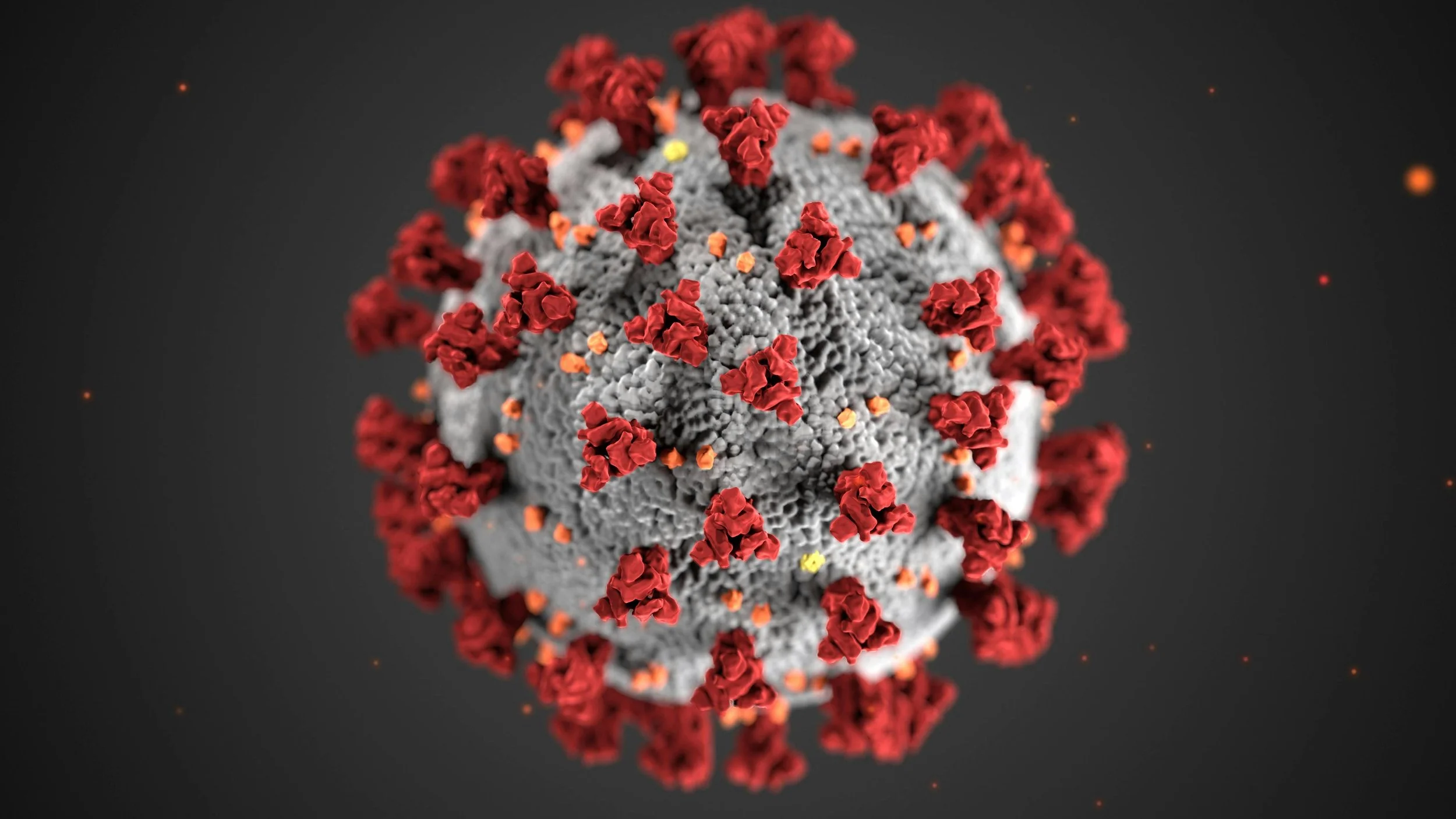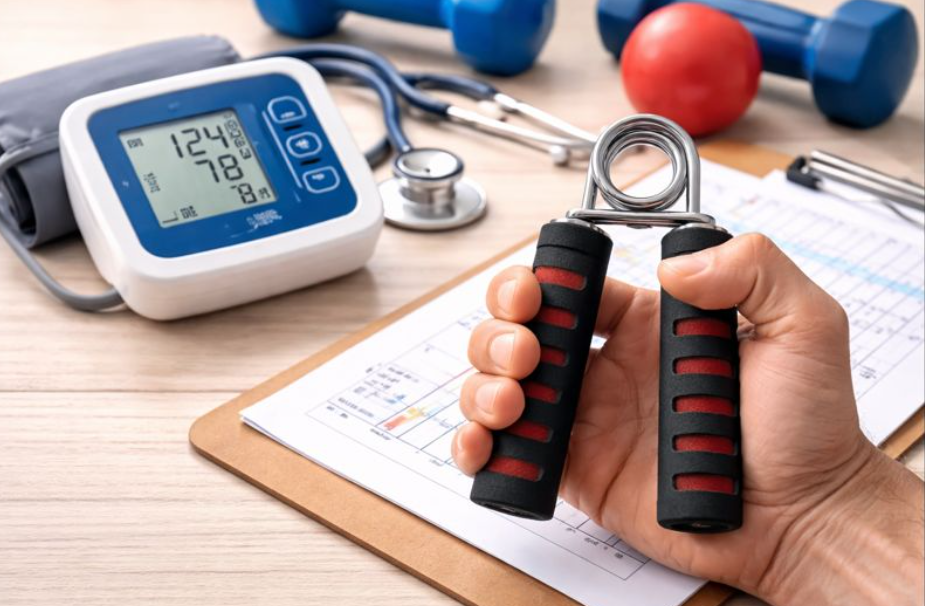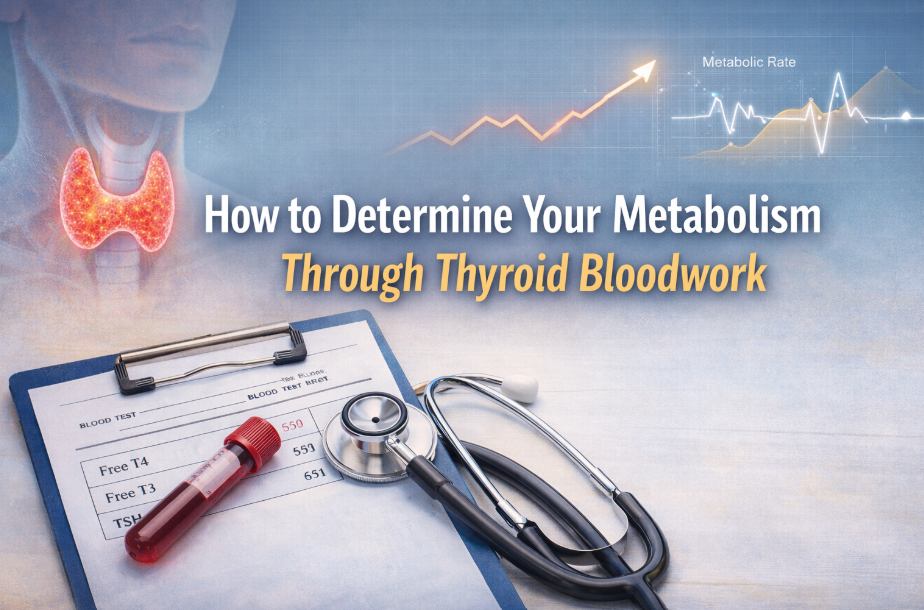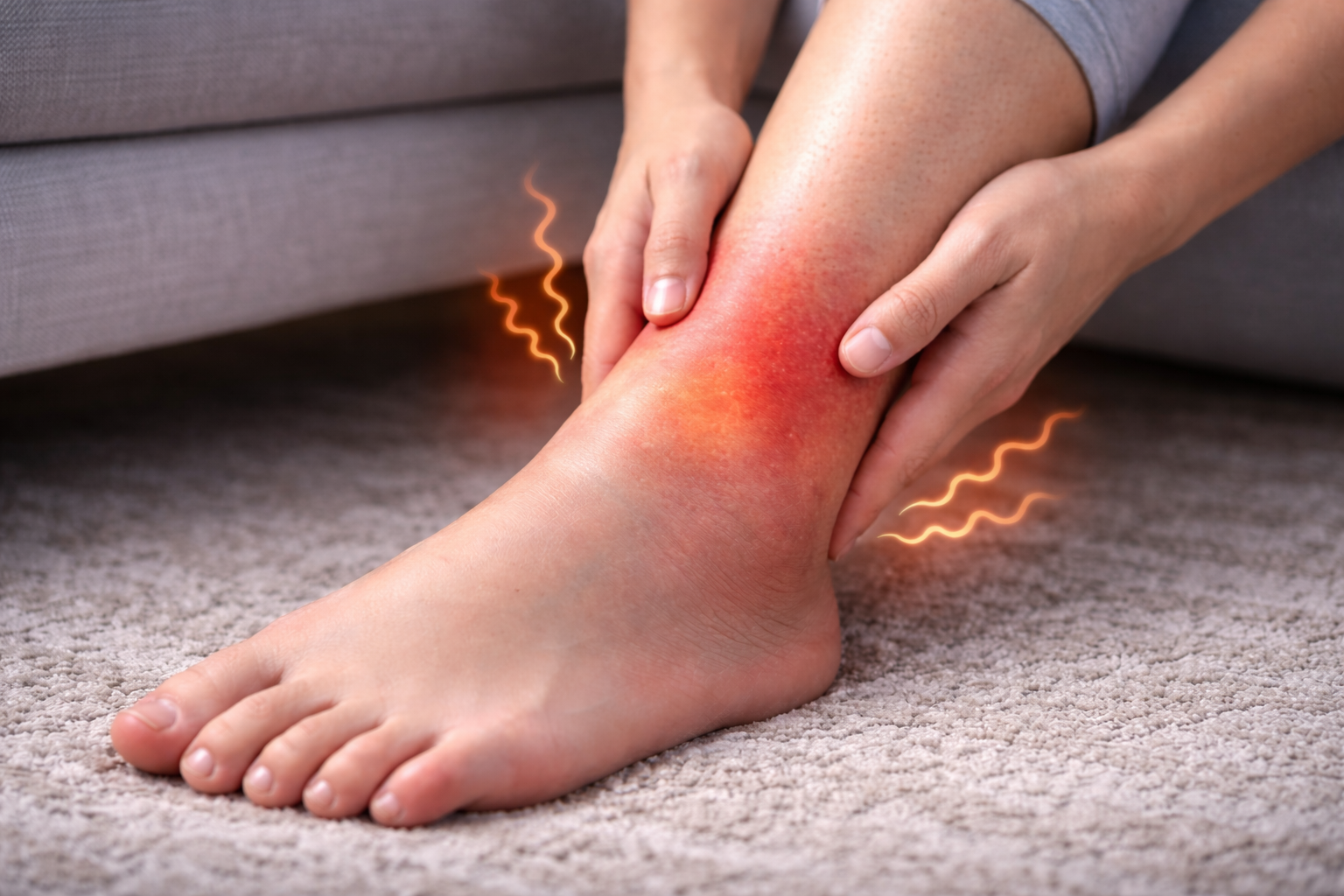My wife and I have a rule when we travel; only 1 main activity per day. And we’re getting massages at some point too. Why? Downregulation. The last thing I want when on vacation is to come home, and feel like I need another vacation from the vacation. Too many times, I’ve spent vacations running around, trying to see everything. In hindsight, that’s not even fun. Regular life is chronic low grade stress, and the point of taking time off is to ease off the gas pedal.
Read MoreMost people come to physical therapy for one reason. Something hurts. A shoulder that won’t lift. A back that keeps locking up. A knee that never feels quite right. So we treat the pain, calm the tissue, and restore strength and range of motion. Although this often works, it doesn’t necessarily mean you’re healthy. And it definitely doesn’t mean you’re resilient.
Read MoreWhy is that achy knee acting up again? Is it that last set of lunges you did? Or what caused your autoimmune disease to flare up? It’s easy to blame that one thing, but the truth is, it’s been a slow burn going on in the background and you reached a tipping point. When it comes to any maladies; pain, injury, or chronic disease, it’s the build up of imbalance that determines when things flare up. Your most vulnerable tissue or system, like a canary in a coalmine, determines where the malady sets in.
Read MoreGut testing has become an important tool for understanding health beyond basic symptoms and routine lab work. Many people struggle with digestive issues, fatigue, skin problems, autoimmune conditions, or chronic inflammation for years without clear answers. Because the gut plays a central role in digestion, immune regulation, hormone balance, and nutrient absorption, testing the gastrointestinal system can reveal underlying patterns that are easy to miss with standard blood tests or imaging.
Read MoreResearchers studying pilots in the United States Air Force noticed something curious. Pilots are exposed to intense gravitational forces (G-forces) during flight maneuvers. These forces can cause blood to pool away from the brain, increasing the risk of blackouts. To stay conscious, pilots instinctively and deliberately clench their muscles, especially their hands and forearms, during high-G maneuvers.
Read MoreI frequently hear people say things like, “I have a fast metabolism”, or “I don’t know what’s going on with my weight gain, my metabolism is slow I guess”. Well you don’t have to guess. There are clues that can easily be obtained on a thyroid panel. The only problem is, typical bloodwork only tests for TSH. While that is an important marker, it doesn’t tell the whole picture.
Read MoreInflammation is one of those words that gets thrown around a lot and ends up feeling vague. Inflammation is bad, right? But it’s also a stage of healing, so that must be good…right?
The truth is, inflammation isn’t simply good or bad. Context matters. To understand when it helps and when it becomes a problem, we need some clarity.
If you have pain behind the knee, and it’s limiting your flexion, there’s a good chance it’s a Baker’s cyst. These are benign collections of fluid. The build up of fluid is what prevents bending of the knee. Under normal circumstances, fluids come and go but when there is an inflammatory process such as a meniscus tear or arthritis, and it exceeds the rate of evacuation of fluid, you get a cyst.
Read MoreSuperior canal dehiscence (SCD) is a rare disorder of the inner ear that can dramatically affect both balance and hearing. It results from a thinning or a hole (dehiscence) in the bony covering of the superior semicircular canal, one of the three semicircular canals responsible for detecting head motion and spatial awareness.
Read MoreBreathing is something that seems very simple, but we cannot overlook just how powerful it is. It affects our blood chemistry, our mental state, our posture, and as you’ll see in this article, your circulation. When you realize how many breaths you take in a day, you can imagine that disordered breathing can have a massive impact on your health. At 16 breaths per minute, that’s over 23,000 breaths per day.
Read MoreIn physical therapy, we are generally trying to avoid pain. The one exception; knee replacement. Total knee replacement is well known to be the most painful of the rehab experiences, with rotator cuff repair to be a closed second. IOvera therapy is a relatively new treatment (2014) that may help the process.
Read MoreThe word “toxins” gets thrown around a lot and is sort of this vague idea. I used to cringe when I heard someone say, ‘drink lots of water to get rid of the toxins’. It sounded like nonsense. However, toxins are a real thing and understanding what they are, and where they are, can help us understand how to deal with them.
Your stomach is like an acid factory. The strong acid inside helps break down food and also kills off harmful germs before they can cause trouble. Helicobacter pylori (H. pylori) is a bacteria that has figured out how to live in this acidic environment. H. pylori is a spiral-shaped bacterium that lives in the lining of the stomach. Many people carry it without realizing it, but in some cases it can cause irritation, ulcers, or long-term digestive problems. The reason it can survive in such a harsh place is because it produces an enzyme called urease.
Read MoreThe “wear and tear” model of arthritis never really sat well with me. It just doesn’t make much sense if you understand physiology. It’s common for healthcare professionals to make analogies of the body being like a car. This can make sense in some ways such as fuel and metabolism. However, the problem is that many people, including healthcare professionals, say things such as, “like a car, your parts just wear out”. That reminds me of the quote, “just because it’s logical, doesn’t mean it’s physiologic”.
Read MoreAutoimmune diseases are on the rise and comprise most of the chronic disease that we face. Lupus, multiple sclerosis, rheumatoid arthritis, psoriasis, sjogren’s, celiac, type 1 diabetes, and vitiligo, are just some of the growing list (over 100) of autoimmune diseases. They are classically described as an immune system that’s gone “haywire” and the current solution is to suppress the immune system with steroids. That is a symptom based approach and will cause a whole host of other issues. Getting a grip on your immune system can help you manage autoimmune disease and put it at bay. Luckily, we now have a metric (HRV) that tracks your immune system and can be leveraged.
Read MoreI’ve had intermittent bouts of asthma throughout my life and it is usually triggered by allergies. I was recently in Brazil for 3 weeks, and my asthma worsened. I’m not sure what triggered it, but I had only brought one inhaler and it was almost empty. We drink a fair amount of coffee when we go there, and I noticed that it seemed to improve my symptoms. That’s when I remembered something I learned in grad school; caffeine belongs to a class of compounds called methylxanthines, the same class that includes theophylline, a drug that has been used for decades to treat asthma and chronic lung diseases like COPD.
Read MoreGetting quality sleep is paramount to health, and so many of my patients struggle with this. Stress, screens (which disrupt circadian rhythm), and irregular schedules can wreak havoc on our ability to rest deeply. But what if a gentle, hands-on technique could help reset your body and improve the way you sleep? Manual Lymphatic Drainage, or MLD, can be a powerful tool to improve the quality of your sleep.
Read MoreWhen most people think about carbon dioxide, they associate it with pollution, breathlessness, or the waste product we exhale. But there's much more to CO₂ than meets the eye. In fact, this often misunderstood gas plays a subtle but powerful role in how our nervous system regulates stress, calmness, and emotional well-being.
Read MoreDigestive health issues like bloating, constipation, and irritable bowel syndrome (IBS) can disrupt daily life and leave many searching for gentle, effective solutions. Manual Lymphatic Drainage (MLD) is gaining attention as a complementary therapy that may offer relief for various digestive complaints.
Read More



















